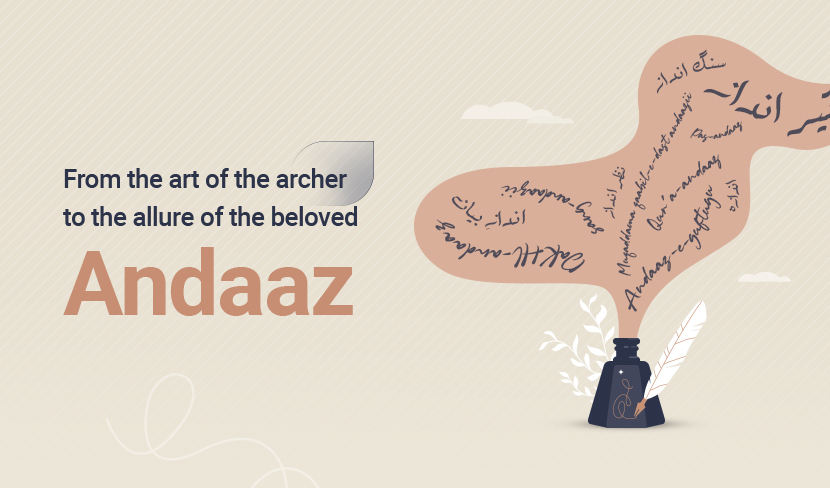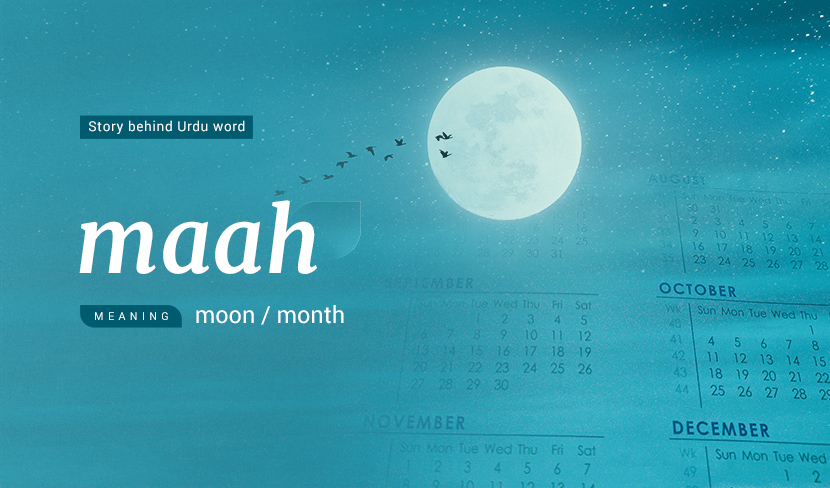अधिक खोजे गए शब्द
सहेजे गए शब्द
खिस्यानी बिल्ली खम्बा नोचे
जिसे क्रोध आ रहा हो वह अपनी खीझ या क्रोध दूसरों पर उतारता है, लाचारी में आदमी दूसरों पर क्रोध करता है, लज्जित व्यक्ति दूसरों पर अपनी लज्जा उतारता है, निर्बल की खीझ
कोशिश
कोई काम करने के लिए विशेष रूप से किया जानेवाला प्रयत्न, मेहनत, दौड़ धूप, प्रयत्न, प्रयास, चेष्टा, उद्योग, श्रम, उद्यम, उपाय, परिश्रम
आठ बार नौ त्योहार
सुख-सुविधा और आराम का शौक़ या लगन ऐसा बढ़ा हुआ है कि युग और समय उसको अल्प व्यय नहीं करने देता
चमनिस्तान
ऐसा बाग़ जहाँ फूल ही फूल हों, ऐसी जगह जहाँ दूर तक फूल ही फूल और हरा भरा नज़र आए, वाटिका, चमन, बाग़
दादरा
संगीत में एक प्रकार का चलता गाना (पक्के या शास्त्रीय गानों से भिन्न), एक प्रकार का गान, एक ताल
From Hawā to Hawā’ī

No, we’re not taking you to the islands of Hawai‘i.
We’re talking about the Urdu word hawā — the wind.
Not its role in sustaining life — that, of course, you already know.
Our focus here is on the linguistic and poetic journey of this word in Urdu: its meanings, moods, and the many ways it drifts through idioms, poetry, and everyday speech.
The Origins and Essence of Hawā
The word hawā (ہوا) comes from Arabic.
In Urdu, its simplest meanings are:
• Wind, air, breeze — the invisible current that moves and breathes life into the world.
But Urdu, with its flair for metaphor, did not stop there.
Hawā took on emotions, intentions, and even moral shades.
It can mean:
• Lust, desire, wish, longing, love
• Vanity, pride, self-conceit
• Even greed — depending on the context.
A close synonym is bād, as in bād-e-sabā — the delicate morning breeze that so often flutters through Urdu verse.
“Hirs-o-Hawā” — Greed and Desire Entwined
In Urdu, the compound hirs-o-hawā (حرص و ہوا) — literally “greed and desire” — captures the human craving that drives and deceives.
Poet Nazeer Akbarabadi, ever wise and worldly, warned against it in his timeless Banjārah Nāmah:
ṭuk hirs-o-havā ko choṛ miyāñ mat des bides phire māṛā
qazzāq ajal kā luuṭe hai din rāt bajā kar naqqārā
O friend, give up greed and desire;
The robber named Death plunders day and night, beating his drum of doom.
And then there is āb-o-hawā (آب و ہوا) — literally “water and air,” meaning climate — a reminder that language too lives and changes within its own atmosphere.
Hawā’ī — Born of Air, Borne by Imagination
From hawā came hawā’ī (ہوائی) — literally “of air.”
Yet in Urdu, this airy adjective took flight in many directions:
• Aerial, air-borne — as in hawā’ī jahāz (aeroplane)
• Baseless, imaginary — as in hawā’ī (a rumour)
As one poet playfully suggests:
mujh meñ aur un meñ sabab kyā jo laṛā’ī hogī
ye hawā’ī kisī dushman ne uḍā’ī hogī
What cause could there be for quarrel between us?
Some enemy must have spread this rumour on the air.
The plural hawāiyān (ہوائیاں) brings yet more nuance:
• A pale or drained face
• Panic or shock — as in us ke munh par hawāiyān uṛ rahi theen
(He turned pale with fear)
Idioms That Breathe Hawā
Few words are as lively in Urdu idioms as hawā.
A few favourites:
• hawā bāndhnā — to brag, to boast
• hawā ke ghoṛe par sawār honā — to rush headlong, to act hastily
• hawā se bāteñ karnā — to move or fly swiftly
• din hawā ho jānā — for time to pass quickly , it reminds me of a shair by
Mādhav Rām Johar’s couplet
ab itr bhī malo to takalluf kī bū kahāñ
vo din havā hue jo pasīna gulāb thā
“Even if you wear perfume now, it only smells of pretence;
Gone are the days when even our sweat smelled like roses.”
It’s often quoted to express how natural sincerity and purity have been replaced by artificiality or affectation.
When Ghalib Met Science
And then, there is Mirza Ghalib — who could turn physics into poetry.
In this couplet, he contemplates the transformation of matter — water becoming air — and turns it into a sigh of frailty and wonder:
zo.af se girya mubaddal ba-dam-e-sard huā
bāvar aayā hameñ pānī kā hawā ho jānā
From weakness, my tears turned into cold breaths;
Thus I came to believe that water can indeed turn to air.
A moment of human exhaustion becomes an elegant metaphor for evaporation — for the subtle alchemy of emotion and element.
In its journey from hawā to hawā’ī, we witness how Urdu transforms the simplest of words into vessels of imagination — how language itself breathes.
Delete 44 saved words?
क्या आप वास्तव में इन प्रविष्टियों को हटा रहे हैं? इन्हें पुन: पूर्ववत् करना संभव नहीं होगा






